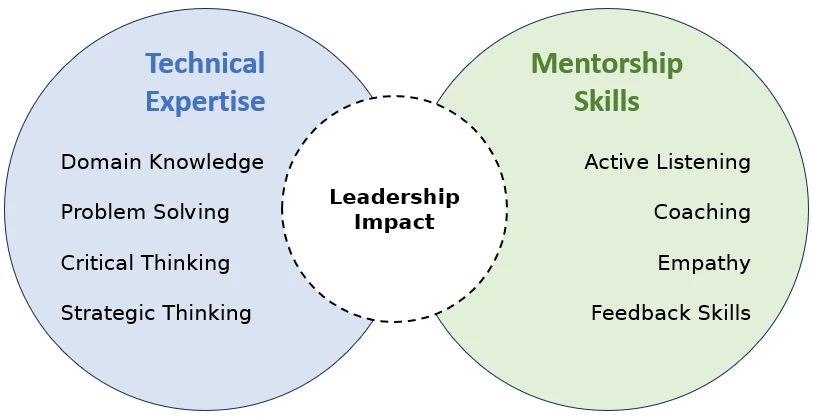The Mentorship Renaissance in Product Leadership
Why today's product leaders need to embrace coaching as their complimentary superpower..

In a world where both technical expertise and human development are critical for success, the most effective product leaders recognize that mentorship amplifies rather than replaces their technical capabilities.
The data makes a compelling case: 67% of businesses report increased productivity due to mentoring, while 55% state it positively impacts their profits. Among Fortune 500 companies, 84% now have formal mentorship programs—up from 71% just a few years ago—-reflecting its strategic importance. Even more telling, 91% of workers with mentors report high job satisfaction compared to significantly lower rates for those without mentoring relationships.
Through my work with dozens of product teams, I’ve observed that the leaders who create sustainable success combine deep technical knowledge with exceptional skill at developing other leaders through intentional mentorship. The strongest product organizations leverage both dimensions.
What does this look like in practice? It means using your technical expertise as a foundation for asking insightful questions rather than simply providing answers. It means scheduling regular coaching sessions that focus on skill development rather than status updates. It means creating psychological safety where team members can experiment, fail, and grow.
The product leaders who thrive in 2025 will be those who recognize that mentorship isn’t just a “soft skill” but a strategic amplifier of their technical capabilities. They understand that in today’s complex product landscape, even the most brilliant individual contributor needs to develop others to create truly scalable impact.
Organizations are recognizing this powerful combination. McKinsey research indicates companies with strong coaching cultures report 30% fewer delays and 40% better outcomes in their product initiatives. The ROI is compelling: higher retention, faster problem-solving, and more resilient teams.
As we navigate increasingly complex product challenges, technical excellence remains essential—but pairing it with exceptional mentorship creates an unbeatable competitive advantage.









